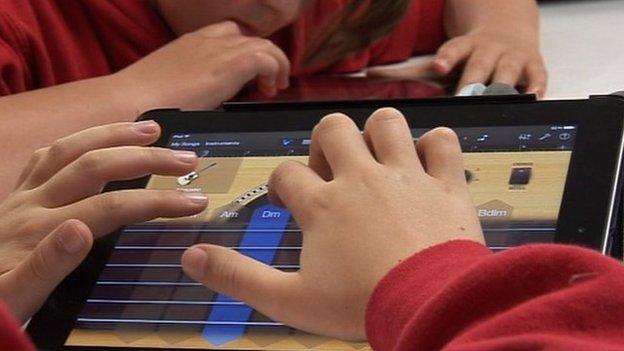Children's rights 'key' to better school behaviour
- Published
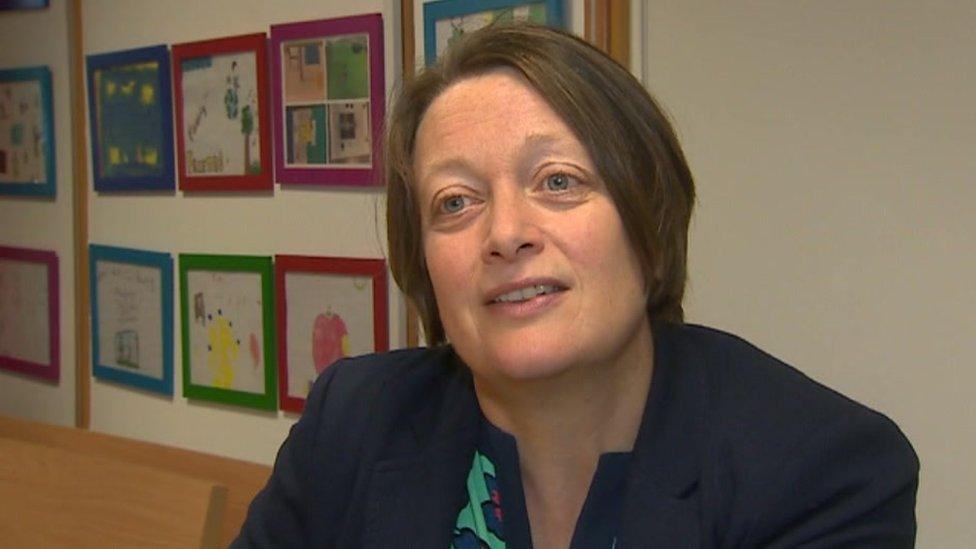
Sally Holland said it was about developing 'healthy and confident' pupils
Teaching children their rights in school could be key to transforming behaviour and results, according to Wales' children's commissioner.
Sally Holland said the approach should underpin the new national curriculum.
One Swansea school said it had contributed towards reducing fixed-term exclusions from 33.5 days to just one day in one term.
Ms Holland said she was "convinced" it would help children's development.
There were nearly 15,000 fixed-term exclusions of pupils, most of them under five days, according to the last available figures from 2014-15.
Persistent disruptive behaviour was the most common reason, while verbal abuse or threatening teachers was the most common reason for exclusions lasting more than five days.
But there is a belief that if children explore their rights and learn how to respect others as part of classroom learning - including being part of developing approaches to school discipline - it will help their personal development.
Encouraging pupils to play a bigger role in their schools could even involve some being involved in helping in recruit staff and governors, according to the children's commissioner.
Penyrheol Comprehensive in Swansea saw fixed-term exclusions fall from 33.5 days to just one day during the autumn term and said a children's rights approach was an important factor in the improvement.
Head teacher Alan Toothill said the school believed in giving students a strong voice where pupils are invited to give feedback on their learning.
"We are committed and proud to be a rights-respecting school and this has definitely contributed to our ongoing improvements" he said.
Ms Holland wants all schools to adopt the principles of the UN Convention on the Rights of the Child (UNCRC)., external
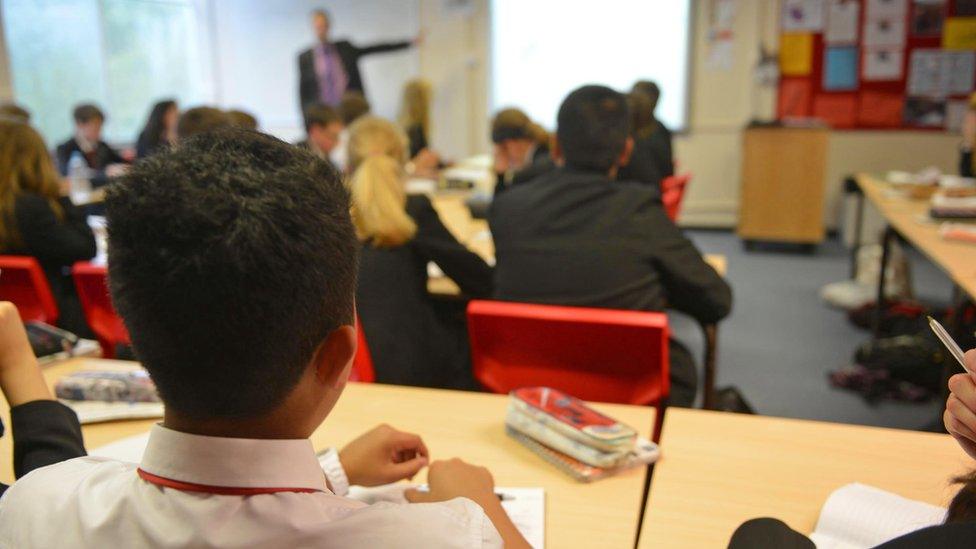
These include school discipline respecting children's dignity and their rights.
The Welsh Government adopted the convention as the basis for policy making for children and young people in Wales in 2004.
But a survey last year showed 41% of children and young people in Wales did not know children have specific rights and 77% had never heard of the UNCRC.
Speaking ahead of an event to launch her guidance to schools, Ms Holland said: "You only need to read some of the astounding results taking a child's rights approach has had for some schools in Wales to realise that this method works."
She said it had transformed schools, behaviour and results and she wanted the Welsh Government to "seriously consider" it underpinning the new curriculum expected to be in place from 2021.
"I'm absolutely convinced that this approach will safeguard the long terms needs of children and will help develop healthy and confident individuals who can learn and thrive," Ms Holland added.
- Published14 April 2017
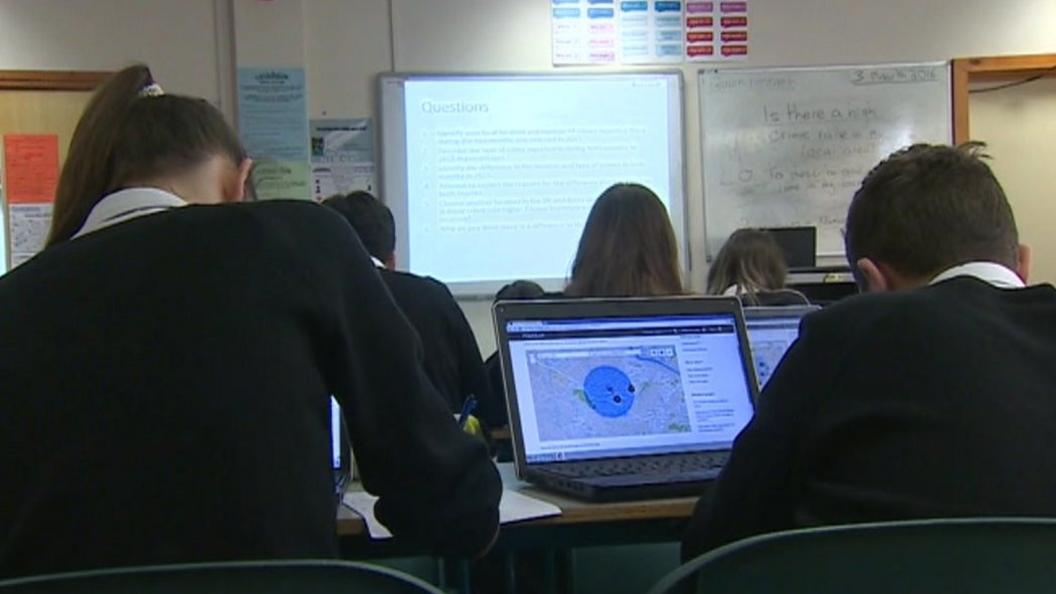
- Published9 January 2017
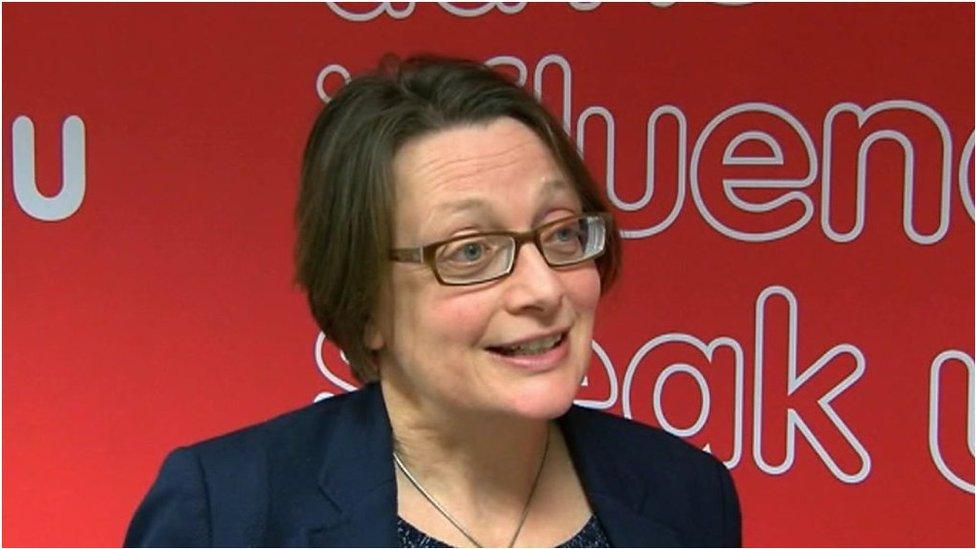
- Published28 February 2017
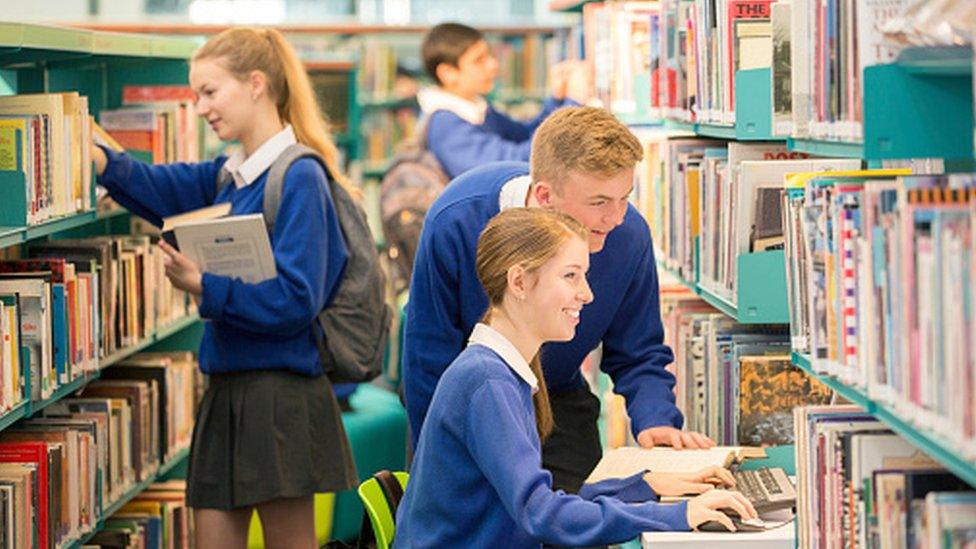
- Published8 January 2017

- Published13 January 2017
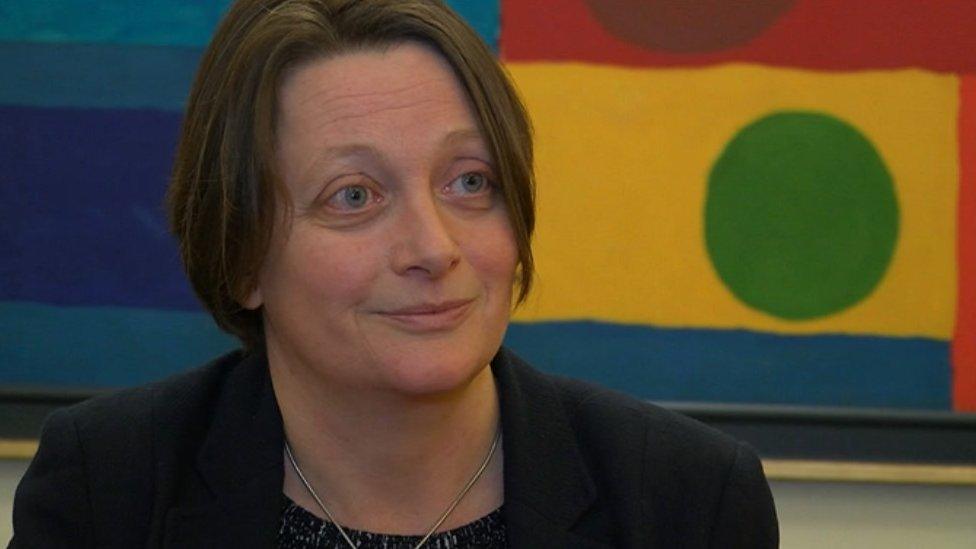
- Published25 February 2015
